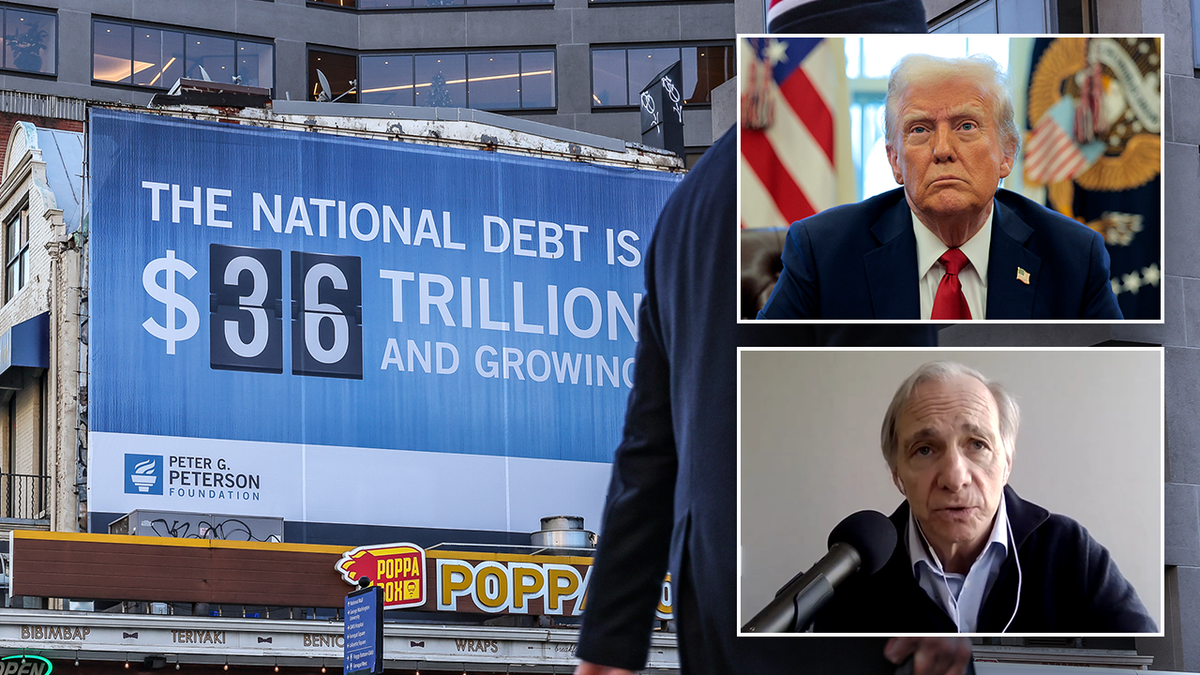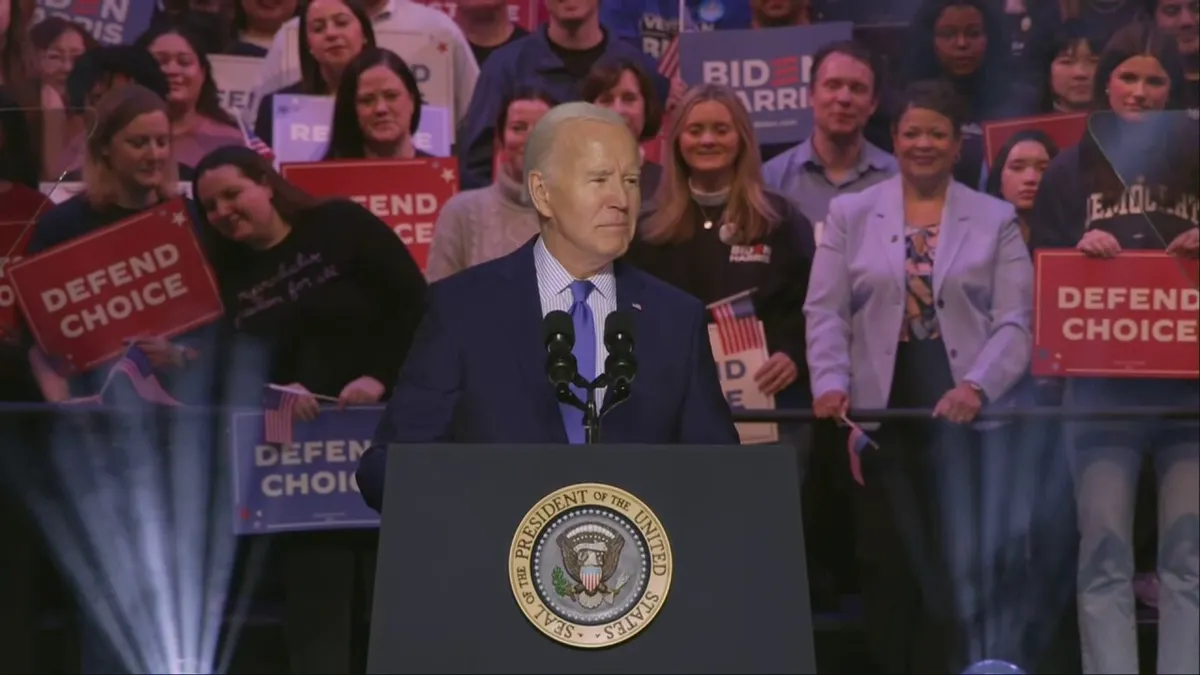A recent Congressional Budget Office (CBO) report paints a stark picture of America's escalating debt crisis, projecting significant budgetary challenges over the next decade. The nonpartisan analysis forecasts a dramatic rise in federal spending, reaching a staggering $10.73 trillion by 2035, up from just over $7 trillion in 2025. This surge in expenditure is coupled with a projected widening of the annual budget deficit, anticipated to reach $2.7 trillion by 2035.
These projections are particularly alarming given the CBO's anticipation of a substantial increase in personal income tax revenue, expected to climb to $4.41 trillion in 2035 from $2.42 trillion in 2024. This indicates that even with increased tax contributions, the government's spending trajectory remains unsustainable.

Comparing the latest CBO projections with those from early 2021 reveals a concerning trend. Estimates for 2031 federal spending have increased by 18%, from $7.65 trillion to $9.06 trillion. Similarly, the projected 2031 budget deficit has risen from $1.88 trillion to $2.23 trillion, and the national debt forecast for the same year has jumped by over $6.6 trillion, reaching $41.99 trillion. By 2035, the national debt is projected to exceed $52 trillion, more than double the figure recorded at the end of 2019.

This escalating debt creates a dangerous cycle. The government borrows to finance existing debt, leading to higher interest payments, which in turn necessitate further borrowing. The CBO estimates that annual interest payments on the national debt will reach $1.78 trillion by 2035, surpassing the cost of any other single federal program, including Social Security. This excessive borrowing contributes to inflation by increasing the money supply at an unsustainable rate.
To break this cycle, significant action is required. While raising taxes is an option, it's politically challenging and can stifle economic growth. Therefore, spending cuts are crucial. Initiatives aimed at reducing government waste, such as those spearheaded by individuals like Elon Musk and organizations like the Department of Government Efficiency (DOGE), are vital. Addressing this debt crisis demands urgent action to prevent severe economic consequences in the coming decade.
Comments(0)
Top Comments